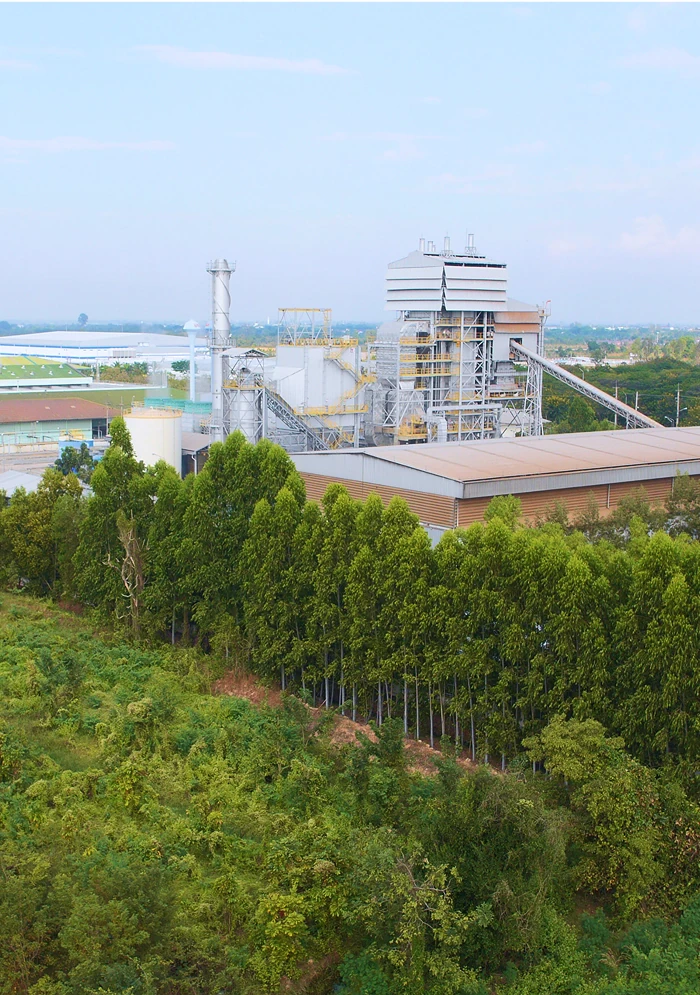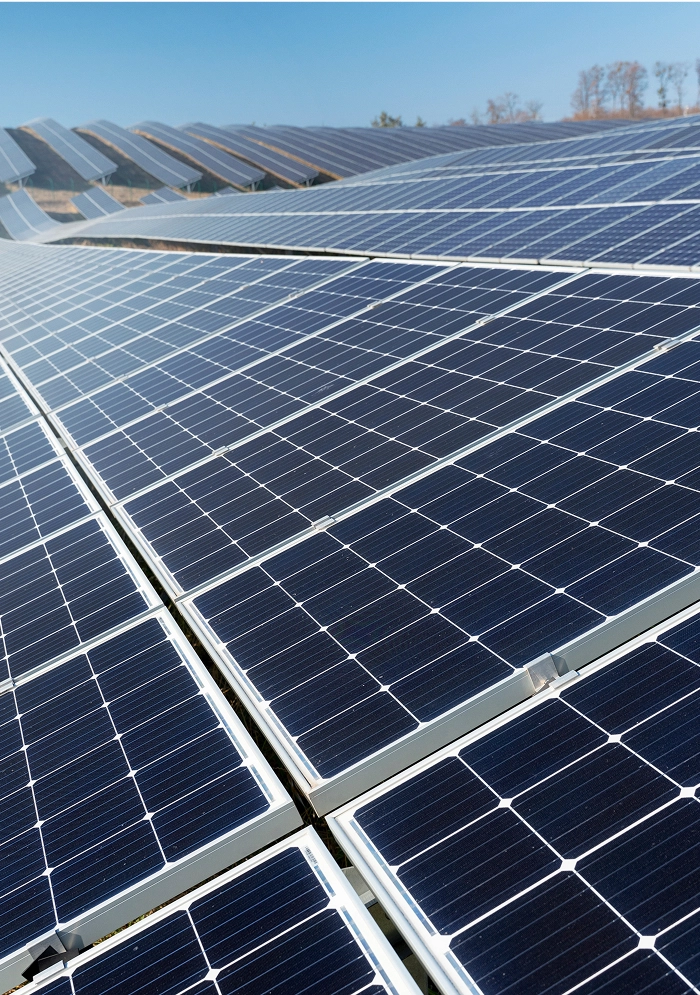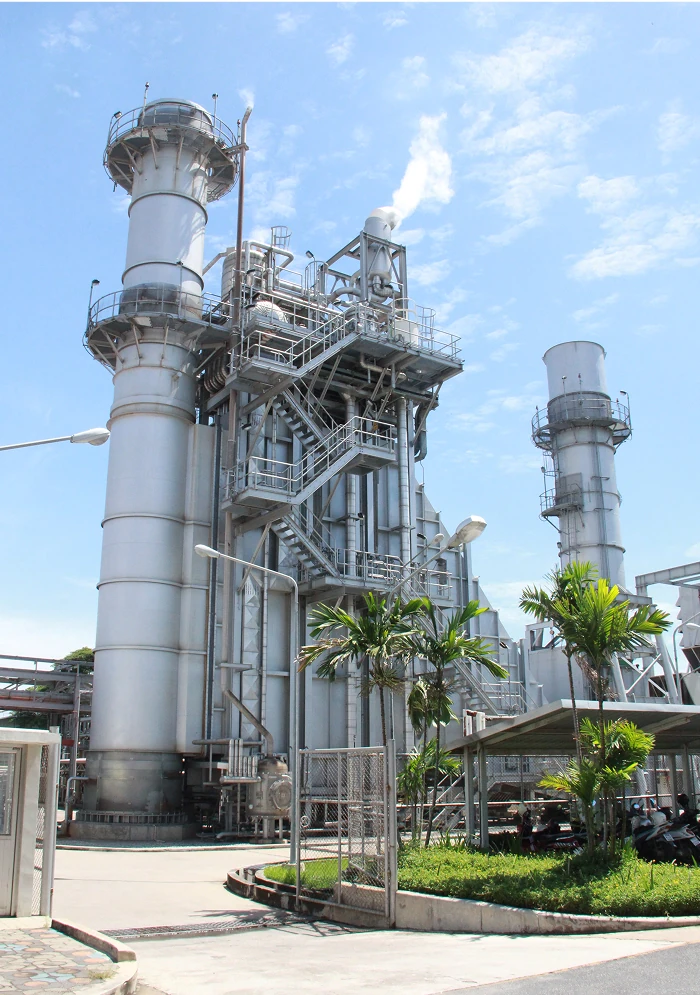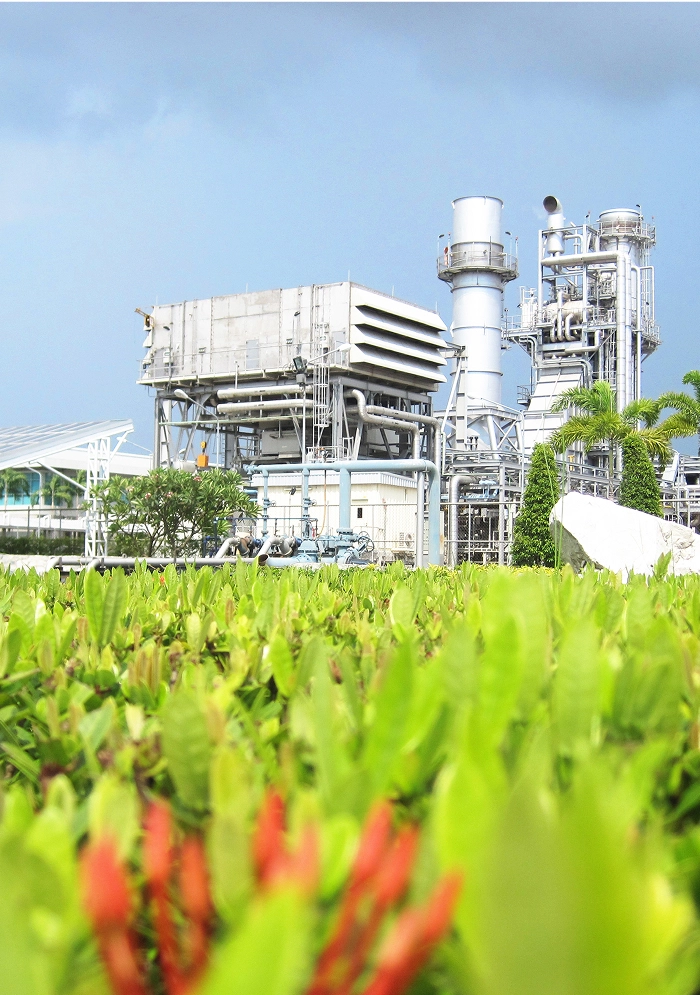Our Projects
Biomass Value-Added Project "Turning Wood Waste into Energy" "Reduce burning, reduce smoke problems"

Ratch Pathana and Affiliates focuses on the development of comprehensive renewable energy solutions while promoting the circular economy through the "Clean Energy from Biomass" project. This initiative aims to add value to agricultural by-products such as wood scraps, sawdust, corn stalks, sugarcane leaves, and cassava roots, instead of burning them. This helps reduce the smoke problem and promotes the sustainable use of clean energy.
The company has established a biomass collection and processing center to serve as a hub for purchasing biomass from local farmers. This biomass is used as fuel to generate electricity and steam for the Group's biomass power plants. This project has been in operation since 2010 and continues to this day, providing income for farmers, reducing agricultural waste, and contributing to the reduction of greenhouse gas emissions.
The biomass value-added project provides benefits in terms of the economy, society, and the environment, including income distribution to local communities, job creation, and reducing the burning of agricultural by-products in open areas. This helps alleviate issues related to smog or air pollution and reduces greenhouse gas emissions.
In 2024, the company purchased a total of 235,003 tons of agricultural by-products, with a total value of 287,998,663.07 THB, from over 2,000 small-scale farmers. The details of the results are as follows:
| Biomass types | Weight (tons) | Value (THB) |
|---|---|---|
| Wood chips | 94,001 | 144,203,597.39 |
| Wood scraps | 77,412 | 82,544,435.68 |
| Rice husks | 26,466 | 34,955,227.60 |
| Corn stalks | 17,993 | 15,207,117.10 |
| Sugarcane leaves | 19,131 | 11,088,285.30 |
| Total | 235,003 | 287,998,663.07 |
The purchase of biomass helps reduce the problem of uncontrolled burning of agricultural by-products, which aligns with the government's policy to promote the cessation of agricultural burning after the harvest season. The company also encourages farmers to sell their agricultural by-products to power plants for use as biomass fuel instead of burning them. This not only helps increase income for farmers but also contributes to reducing smog and air pollution.
In 2024, the company used alternative biomass fuel to generate energy, helping reduce agricultural burning. This is equivalent to reducing the burning of corn stalks by 51,409.70 Rais and the burning of sugarcane leaves by 9,565.62 Rais.
| Alternative biomass types | 2022 | 2023 | 2024 | |||
|---|---|---|---|---|---|---|
| Quantity (tons) | Area of reduced burning (Rais) | Quantity (tons) | Area of reduced burning (Rais) | Quantity (tons) | Area of reduced burning (Rais) | |
| Corn stalks | 20,914 | 59,754 | 21,154 | 60,440 | 17,993 | 51,409.70 |
| Sugarcane leaves | 50,695 | 25,347 | 26,972 | 13,486 | 19,131 | 9,565.62 |
| Total | 71,609 | 85,101 | 48,126 | 73,926 | 37,124 | 60,975.32 |
Note: Data statistics on the utilization of alternative biomass by the Ratch Pathana and Affiliates
1. For corn planting, 1 Rais produces approximately 350 kg or 0.35 tons of corn stalks and corn husks per Rais.
2. For sugarcane planting, 1 Rais produces approximately 2 tons of sugarcane leaves per Rais.
Benefits from the project
| Social | Economic | Environmental |
|---|---|---|
| Reduce unemployment rates / create jobs for small-scale farmers in a continuous business from upstream to downstream, more than 2,000 people per year. | Generate income for farmers selling biomass, distributing income to local communities, with a total value of over 200 million baht per year. |
|
Summary of the project information for the Biomass Value Added Project “Turn Wood Waste into Energy”
The company is carrying out the biomass value-added project "Turning Wood Waste into Energy" to create community and social development through business processes. This includes establishing a community development fund around the biomass collection and processing center in Lamphun Province, which serves as the primary source of biomass fuel for the biomass power plant. The company purchases agricultural by-products from over 2,000 farmers, including wood waste, sawdust, corn stalks, sugarcane leaves, and cassava roots, to use as fuel for generating electricity and steam for the subsidiary's biomass power plant. In 2024, this initiative is expected to generate 288 million baht in income for farmers and reduce the area used for burning sugarcane leaves and corn stalks by 60,975 Rais.






